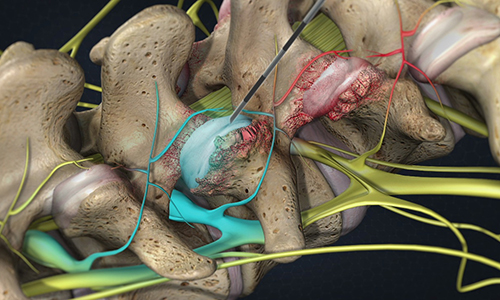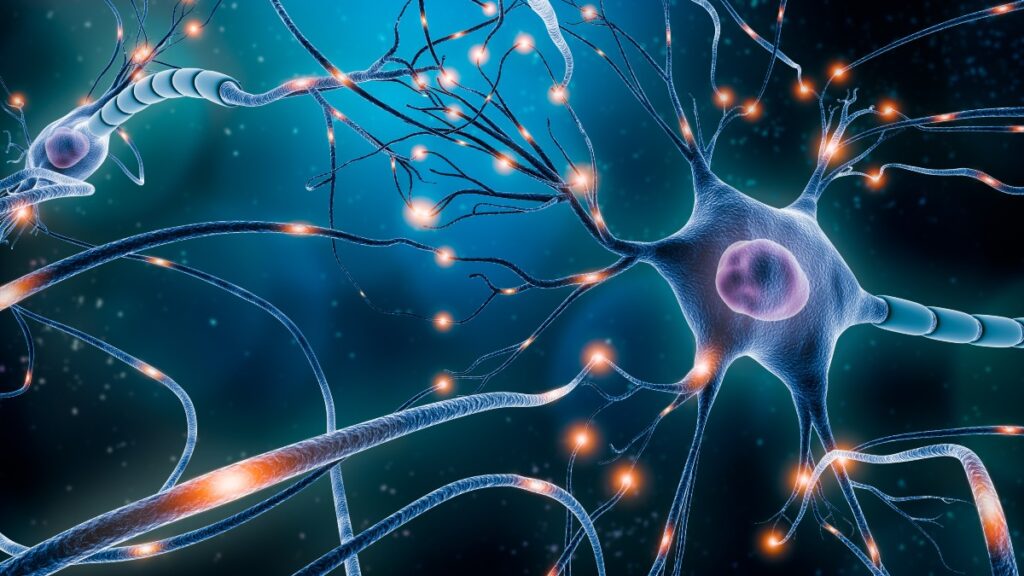NERVE BLOCK
Nerves blocks generally are used when other forms of pain management fail.
A nerve block focuses on the root of the pain by interrupting nerve signals going to the pain. Dr. Justin Lo in San Jose, California, uses nerve blocks to temporarily reduce or fully eliminate chronic pain. A nerve block also can serve as a diagnostic tool to determine where the pain is really coming from in order to create a long-term solution for it.
What is a nerve block?
A nerve block is an injection of medicine into areas around sympathetic nerves, ganglion, or chain in either the lumbar or cervical region. The goal is to block the pain messages those nerves send to the brain. It's a way of tricking the body into believing there is no more pain. A nerve block can consist of a single treatment or be repeated over and over as needed if successful. Nerves blocks generally are used when other forms of pain management fail.
A nerve block also may be a diagnostic tool. Pain that one feels in the neck, for example, might actually radiate from somewhere else. By blocking the nerves that send pain messages from the neck to the brain, Dr. Lo can confirm the true source of the problem.
Is a nerve block a permanent solution to pain?
For most patients it is not a permanent solution. If it works, it lasts from six to 12 months. The area affected by the block feels numb during this time, but the sensation slowly returns. Dr. Lo reevaluates the pain when necessary and may recommend another nerve block treatment at some point. The nerve block usually is the last resort, meaning Dr. Lo has exhausted other options to manage the patient's pain. After one or more nerve blocks, he may opt for another treatment option such as a radiofrequency procedure to deaden the offending nerve.
Are there risks with a nerve block?
There are some potential complications with this procedure. Dr. Lo goes over them with each patient prior to the treatment. In rare cases, the patient may have serious side effects such as paralysis or damage to the arteries. This is why it's important to see a specialist like Dr. Lo for this treatment.
Other possible complications include:
-
Low blood pressure
-
Accidental injection of alcohol or phenol into an artery
-
Puncture of a lung
-
Damage to the kidneys
-
Diarrhea
-
Weakness








